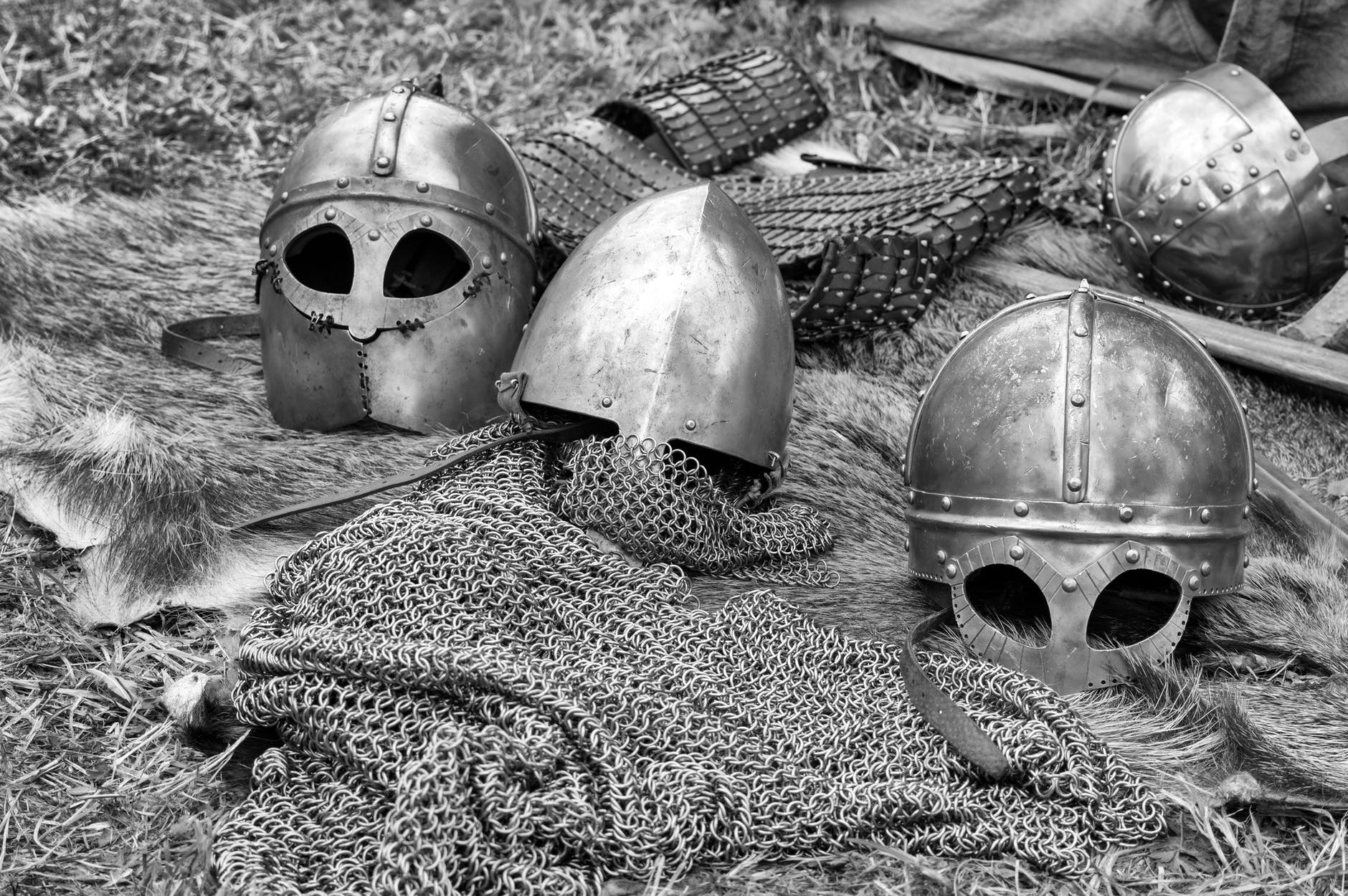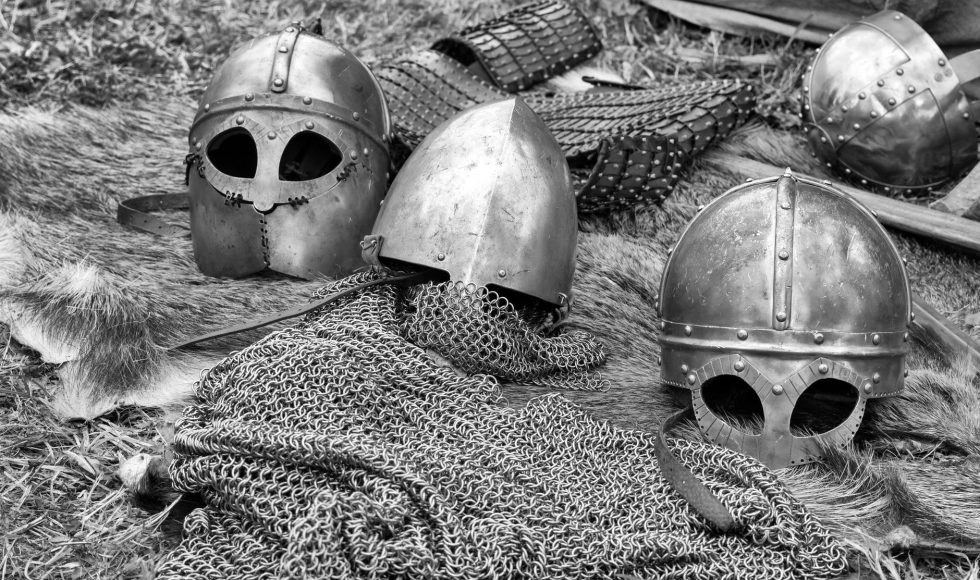We did lots of gardening and playing outside today! We enjoyed the beautiful weather and playing in the mud and with pine needles. Tonight, we watched another Elon Teaching and Learning Conference session entitled “Creating Historical Role-Playing Games: Active Learning and Game Design.” Elong has a rich history and experience with role-playing and games in higher education. In this session, Yidi Wu, Assistant Professor of History, Elon University, Amy O’Keefe, Assistant Professor of History, Meredith College, Petra Lezama, Alumni, Elon University, and Mollie Lund, Student, Elon University shared their experience. This session brought together instructors and alumni to create a panel and share multiple perspectives. Wu mentioned that Petra just graduated and Mollie finished her first year of courses at Elon. Petra described the character she played and how reading about the character helped her interact with the characters and the 1940s India environment they created. I was impressed with how Petra seemed to speak easily about the role-playing and historical context of the game the class played. Petra mentioned a “class-wide epiphany” after the role-playing and more appreciation for the difficulties of those times. Petra also spoke about designing a game. Mollie loved how interactive the games were and took two courses with Professor Wu that used reacting games. Mollie was nervous yet spoke about what she learned and the connections made. O’Keefe talked about being a game master for several games including the one Petra designed and her own scenarios. O’Keefe also mentioned how creating the game helped her own research and to “get more granular.” The scenario focused on a conference now seen in a new light. Two undergraduate researchers funded by a grant from Meredith helped research and create this game. O’Keefe enjoyed the experience and appreciates the ability to create a classroom community. She has surveyed her courses and noticed that the games do appear in course evaluations and surveys. O’Keefe also mentioned that students “exercise their muscles of cultural empathy” and O’Keefe now mentions the importance of teaching with compassion and explaining that the games will elicit several emotions. Wu explained how she offers extra credit to students willing to design a game. I thought it was really neat to learn that Wu designed a game as part of her job talk! One comment in the chat was that it is “difficult to be open to non-closure” and O’Keefe talked about how she appreciates this and talking to students about it when unpacking the game and comparing what happened in the classroom with the historical events. Wu mentioned that faculty in religion, physics, and political science are using this pedagogy, and O’Keefe added that games have been designed for STEM. O’Keefe and wu talked about using rubrics and scaffolding. Wu requires “speech papers” with arguments supported by quotes and “reflection papers” on the experience. Wu uses contract grading and provides feedback, allowing resubmissions. What a neat system! O’Keefe mentioned setting up Slack groups and channels for the online delivery of games. One participant asked if the games were similar to debates, and both faculty mentioned it is more interactive and involved. Wu talked about how students have to listen to the other speeches and think about ways to convince their peers. I am intrigued by the Reacting to the Past system and how Wu uses contract grading. It is evident that she is supportive of student creation of games and impressed by her students’ products. O’Keefe also has several neat ideas and ways of incorporating student researchers. Is there a historical bioremediation or electronic waste event that we can explore and highlight both historical and ethical issues?



